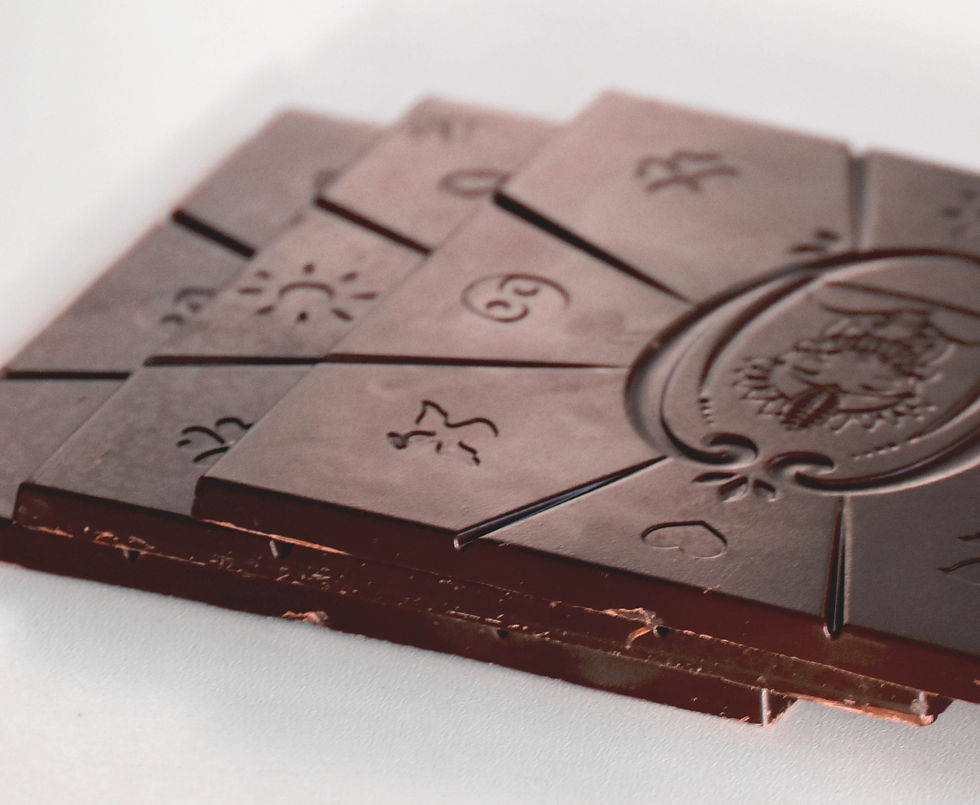The "power" of chia seeds
- ritalebreiro
- May 24, 2023
- 2 min read
The chia seeds entered the Portuguese diet and are here to stay! Do not think they are just a "trendy food" with little nutritional importance, on the contrary, the frequent consumption of these seeds is an asset to our health in general.
Post prepared by nutritionist Ana Rita Lebreiro @nutripontocome

This little black seed has a considerable amount of fiber, about 11g of fiber, per 28g of chia (two tablespoons). The fiber found in these seeds is of both soluble and insoluble type, being rich in mucopolysaccharides, hence that colorless mucous gel appears when they are put in contact with something liquid. As such, they contribute to normal bowel function, satiety, stabilize blood glucose, and lower LDL cholesterol levels.
They are the plant source with the highest amount of omega-3 (ALA) and the protein present in them (about 4g of protein per 28g of chia) is of high biological value, i.e., it has all the essential amino acids.
In terms of the other macronutrient, protein, 100g of chia seeds can provide 16.54g of protein.
Chia seeds are a source of several minerals, most notably zinc and calcium. Zinc is a fundamental mineral for the good functioning of the immune system, for the activity of more than 300 enzymes, for protein synthesis, for the metabolism of carbohydrates and fat, for normal cognitive function, for fertility, among other functions. Calcium, on the other hand, performs structural functions in bones and teeth, and is fundamental, for example, for muscle contraction and nerve impulse transmission.
How to use them? In chia puddings with fruit and a bit of Simplu granola (as you can see in the photo), as a topping on salads, as an ingredient in cakes, smoothies, or pancakes.
Sources:
https://www.hsph.harvard.edu/nutritionsource/food-features/chia-seeds/
https://www.webmd.com/food-recipes/features/why-are-chia-seeds-good-for-me
https://www.news-medical.net/health/Health-Benefits-of-Chia-Seeds.aspx








Comments